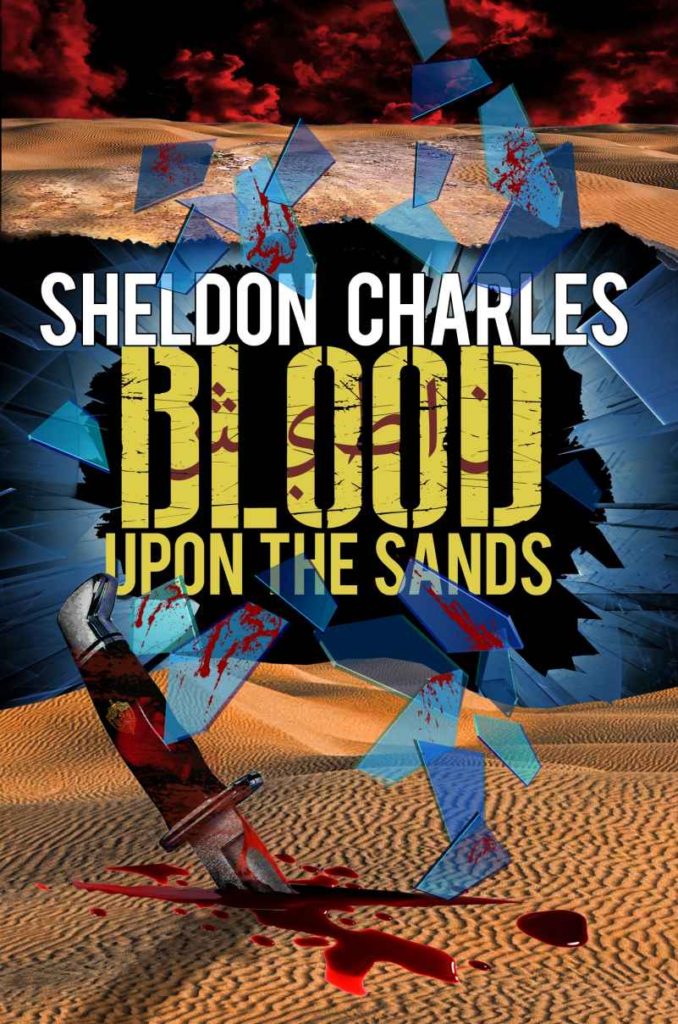 The complexities of geopolitics are no longer being kept to the realms of academia and politics, and fascinating stories based on real-world conflicts are becoming more and more accessible with every passing year. In Blood Upon the Sands, the second book in the Evan Davis series by Sheldon Charles, the intrepid writer-turned-world traveler finds himself in Kuwait, where there is serious trouble brewing.
The complexities of geopolitics are no longer being kept to the realms of academia and politics, and fascinating stories based on real-world conflicts are becoming more and more accessible with every passing year. In Blood Upon the Sands, the second book in the Evan Davis series by Sheldon Charles, the intrepid writer-turned-world traveler finds himself in Kuwait, where there is serious trouble brewing.
Working for a local horse-breeder, Evan’s obvious foreignness makes him stand out, while his instincts as a writer tell him to never ignore a story – particularly when it is dropped directly in his lap. What starts as a harmless exploration of a new country becomes a dangerous web of treachery and conspiracy that Evan may not be able to escape.
If the local populations can be riled up to a state of violence or distrust – spurred on by foreign intelligence agents – the ensuing chaos would be an ideal time for an adversary to take control. Evan must wrestle with his new knowledge of the situation, as well as his fear at the bloodshed that may soon occur in a country he is growing to love. As the plot thickens, Evan is faced with the choice of putting his own life on the line – and likely losing it – in order to save countless strangers and keep the peace.
This thrilling and exotic adventure is not a superficial action novel with shootouts and fast cut scenes, but juxtaposes philosophical dilemmas with nail-biting moments. Charles has created an incredibly vivid world where his characters can play and struggle and learn. This is more than a basic novel of good guys taking down a bad guy; this novel shoots across the bow of systemic and perennial issues that deserve serious attention in the real world, making the read all the more engaging.
The author’s time spent in Kuwait informs the writing significantly, as the descriptions and the creativity in the prose stand out more than any other aspect of the work. The plot is interesting on its own, and the character development is finely tuned, but Kuwait plays just as much of a key role. An homage to a foreign place, done subtly within the framework of a novel, is a challenging task, but one that makes this reading experience truly immersive. There is also a cultural sensitivity on display that other authors could learn from – the level of research and personal knowledge is immediately apparent, and consistently impressive from start to finish.
Subjects of ethnic cleansing, religious violence, terrorist attacks and xenophobia are on the front pages of international news outlets, but incorporating such triggering topics in a novel, and not backing away from the horrors of such violence, is a brave and essential quality for a writer. Shedding light on inhumane conflicts and needy parts of the world that are so often ignored by the global media is a critical role of artists and writers in the modern day, and Sheldon Charles seems more than worthy of the task.
Thanks to Charles’ unforgiving eye for seeking truth, fearless style of expressing hard ideas, and photographic heart that can seamlessly transport readers to far-flung locales, Blood Upon the Sands is a masterful international thriller.
Available At






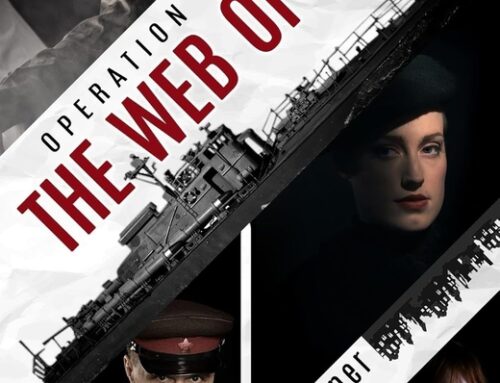




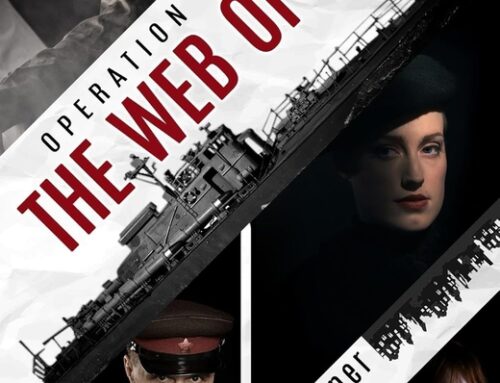
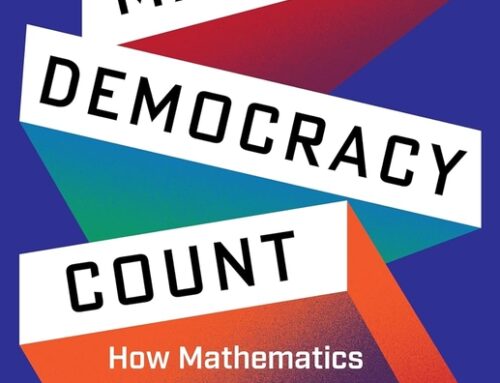

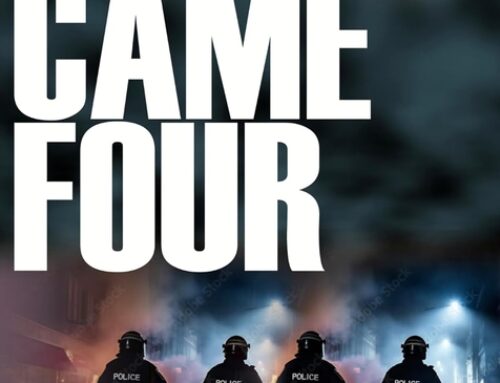



Leave A Comment